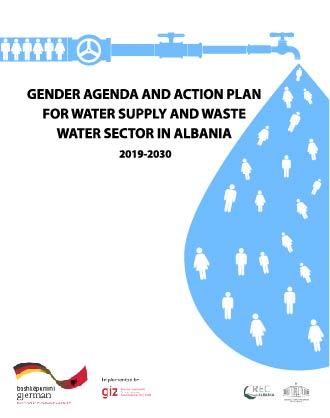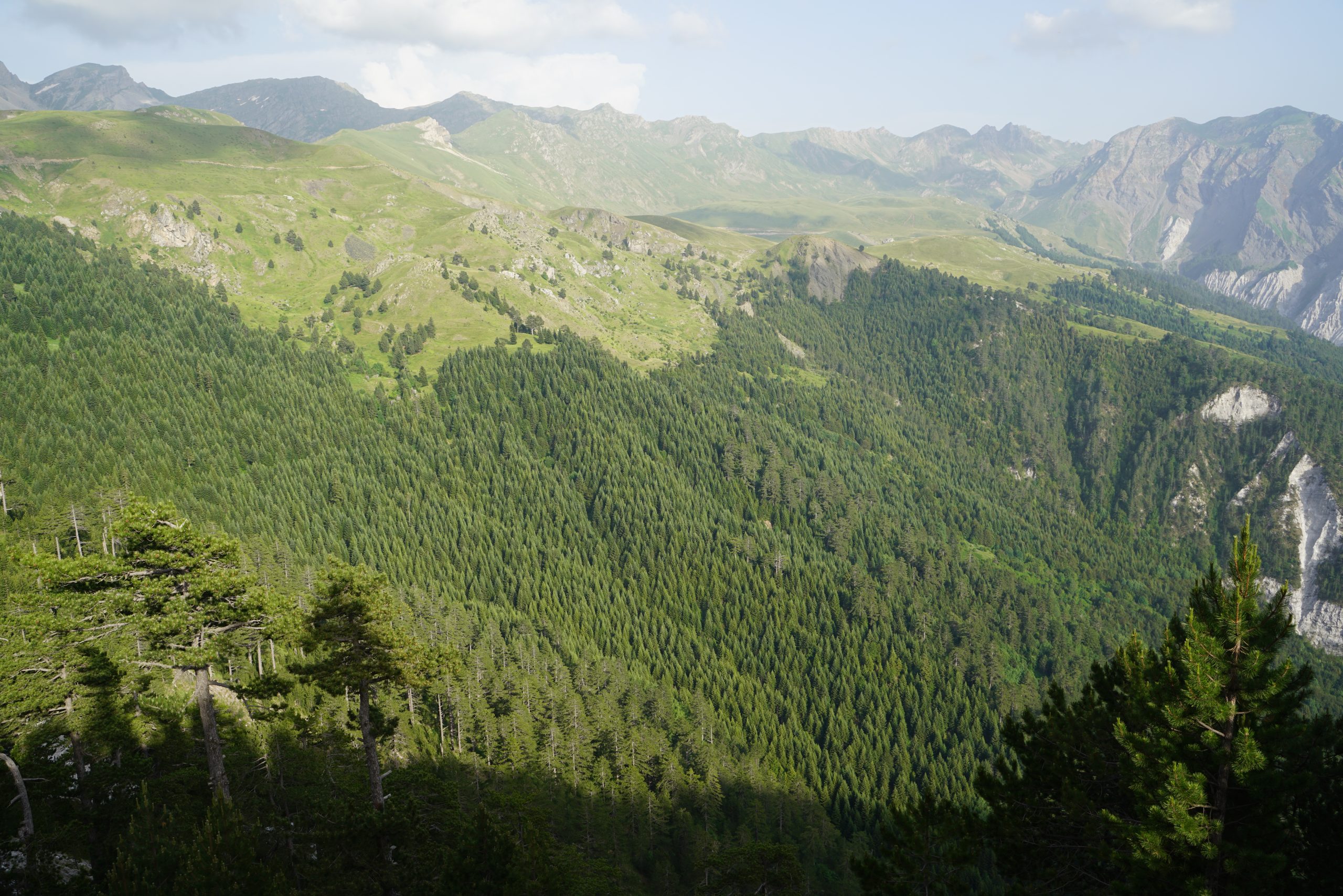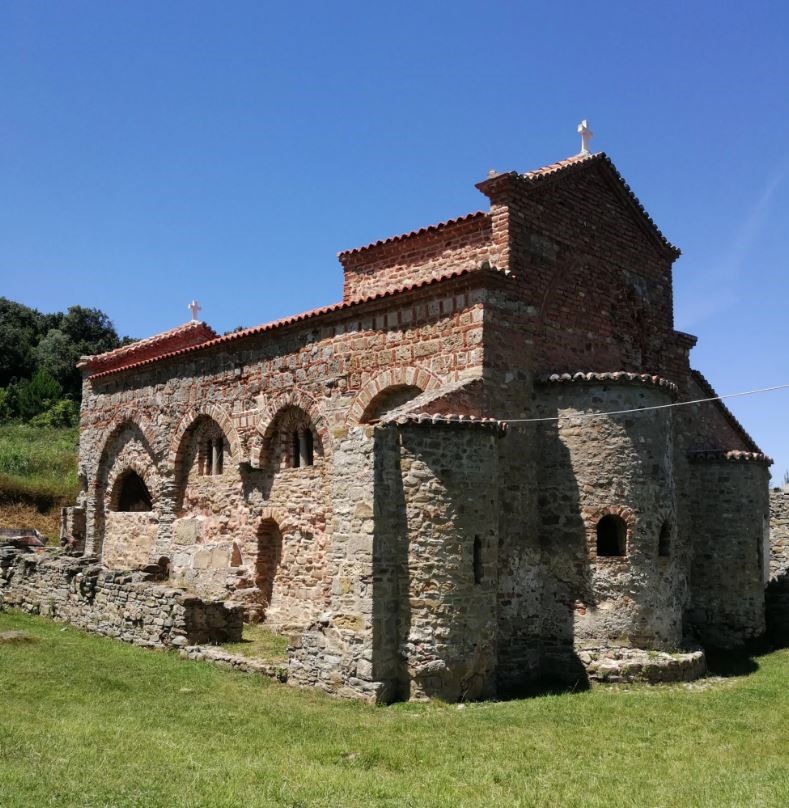‘Gender’ has become a ‘catch all’ term in many contexts and a frequent part of many strategic documents and action plans in many sectors, used to describe a range of issues, frequently and in an apolitical way. It is often understood as being only about women’s needs, rather than about the unequal social relationships between women and men that are invested with power.
In this context, the term often results in less effective policies, processes and institution representations. Therefore, it is seen as a necessity that the potential of changes related to the representation of gender groups, would need a change to challenge these inequalities and, by doing so, it contributes to social and gender transformation.
Ratification of the Convention on the Elimination of All Forms of Discrimination Against Women (CEDAW), and the adoption of laws on gender equality, anti-discrimination and domestic violence are evidence of this commitment and, together with the adoption of the national strategy on gender equality, they provide the framework for achieving the national goals.
In Albania, women play a key role in the provision, management and conservation of water. The key role of women as providers and users of water as well as environmental protection has not often been reflected in institutional arrangements for the development and management of water resources.
Estimated household water use shows that women are responsible for 66% of the total amount of water billed per month. If this percentage is expressed in figures, the average amount of water used by women is estimated at 7,968m3, while men use 4032m3 of the total amount of 12m3 water use per month.
The calculation was made by taking into account a water bill from a family in Tirana, who have an average monthly water consumption of 12m3 and also considering the impact that gender-specific groups have on home-based activities.
Although there is some progress in mainstreaming gender in Water related policies and strategies in the last 10 years, most of them, especially the ones drafted and adopted few years ago, remain gender blind documents. At both level, central and local, there are insufficient human resources in the Water and Sanitation sector to fully monitor the progress towards established gender national targets. There is gap in knowledge, identification and affirmative action taken to address the gender prospective regarding the provided service or specific needs of the population by gender.
At the Water Utilities level women constitute the minority part among the employees. The gender stereotype on “masculine job” remains dominant specially for specific tasks/jobs within the Water Utilities such as “Maintenance and Repair”. Most of the employed women are positioned in Administrative and Finance job positions, showing the strong influence of these gender stereotypes in the equal opportunities offered to women in the water sector.
The study developed in the last three months of the year 2019, by the Resource Environmental Center (REC Albania) on the definition of Gender Index in the Water Utilities in Albania and the collected data on the level of women representation shows gender inequality in almost all levels.
The decision-making bodies, various Boards and committees are composed mostly on men, leaving the women and girls underrepresented or not represented at all. Therefore, their gender specific needs, both internally (among employees) and externally (in the community) are neither fully identified and discussed nor implemented actions are effective to achieve the gender equality objectives.
The preparation of the Agenda by 2030, for Gender Equality in Water Utilities in Albania and the Action Plan, as a gender-sensitive approach to water management will contribute to achieving social equity goals, reinforcing benefit distribution, reducing social costs, reducing poverty, reinforcing management and women empowerment.
This document is prepared by the Resource Environmental Center of Albania (REC Albania) in framework of the Program: “Customer and Performance Oriented Drinking Water and Sanitation Services” funded by the Federal Ministry for Economic Cooperation and Development, implemented in Albania by Deutsche Gesellschaft für Internationale Zusammenarbeit (GIZ) GmbH.





